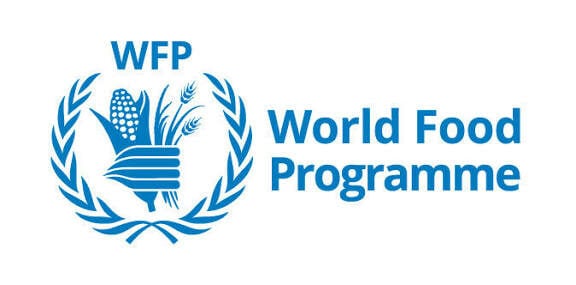The World Food Programme (WFP), African Development Bank (AfDB), and International Food Policy Research Institute (IFPRI) have jointly urged urgent and coordinated interventions to tackle insecurity and structural challenges undermining livelihoods and food systems in Northern Nigeria.
In their new report, “Investing in Innovative Food Systems Solutions in Challenging Contexts,” the organisations highlighted that peace and stability are critical for the region’s economic recovery. Persistent insecurity, violent conflict, displacement, and banditry continue to cripple agricultural productivity, increasing reliance on humanitarian aid. The report was presented alongside the 31st Nigerian Economic Summit.
Former Central Bank Governor and Emir of Kano, Muhammadu Sanusi II, also weighed in, recommending the temporary closure of Nigeria’s northern borders to commercial imports as a measure to stabilise the region and protect national food security.
According to the report, Northern Nigeria’s vast agricultural potential remains largely untapped, with farmers displaced, value chains disrupted, and food markets destabilised. The institutions stressed that restoring stability is not only a humanitarian necessity but an economic imperative to rebuild livelihoods and strengthen food systems.
“Federal and state authorities, alongside international partners, must prioritise peacebuilding, dialogue, and long-term stabilisation to unlock Northern Nigeria’s agricultural promise,” the report stated. It further suggested leveraging “pockets of stability” as anchors for recovery through targeted investments in production, processing, storage, and transport infrastructure.
The report also called for restructuring food assistance programmes to support local production and value chains, rather than providing only short-term relief. Investments in storage, logistics, and tailored cash-based transfers linked to local commodities were recommended to ensure aid benefits remain within the region.
Climate shocks—including erratic rainfall, drought, and flooding—have further disrupted livelihoods and worsened food insecurity. The report urged investment in climate-resilient crops, improved irrigation, and better storage and risk management systems.
Structural barriers such as high input costs, poor infrastructure, post-harvest losses, and inefficient tax systems were also highlighted. Policymakers were encouraged to implement reforms that reduce production costs, promote mechanisation, and attract private-sector investment to strengthen agricultural value chains.
Emir Sanusi added that open borders have fueled smuggling, insecurity, and economic sabotage, weakening domestic production and increasing banks’ non-performing loans. He argued that closing the borders, even temporarily, would help stabilise prices, secure the region, and incentivise investment in local agriculture, provided robust monitoring and support mechanisms accompany the policy.
Both the international report and Sanusi’s intervention underscore a shared message: without peace, structural reforms, and strategic investments, Northern Nigeria’s agricultural potential—and the prosperity of its people—will remain unrealised.

